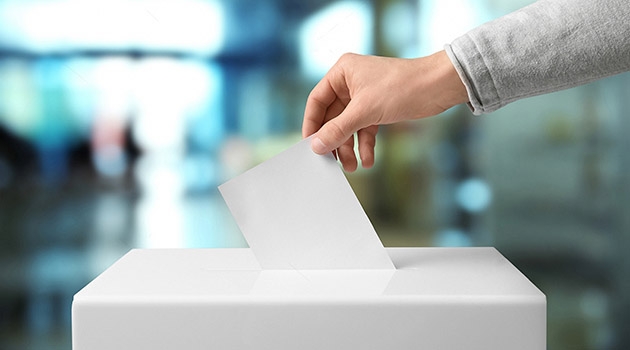Political exclusion risks undermining democracy
Column
COLUMN. There are clear signs that the current political system is unable to offer all people equal opportunities to participate in political life by voting or standing as a candidate for important political positions. This is the assessment of Karl-Oskar Lindgren, Professor at the Department of Government, in an opinion piece.
of Government. Photo: Mikael Wallerstedt
Democracy is truly a strange thing. While it gives us freedom to choose how we want to live our lives, it requires these choices to be made collectively and every person’s opinion to hold equal weight when taking a decision. Democracy is thus at once extremely individual and collectivist by nature. It was perhaps this aspect to which author Thomas Mann was referring when he described democracy as the place where “freedom and equality meet”.
However, history has taught us that the interaction between freedom and quality is seldom smooth. One risk is that wealthy actors use political freedom to hollow out economic and political equality in society via a democratic route. This risk is particularly palpable if there are major systematic differences in how politically active different groups of citizens are, as people who vote more frequently or are more politically involved in parties have greater opportunities to air their views and needs within the political process. An uneven distribution of political participation therefore risks leading to an uneven distribution of political power in society.
Even a century after Sweden became a democracy, there remain differences in political participation between the highly educated and low-skilled, white and blue-collar workers and men and women. The biggest difference in political participation in today’s Sweden, however, is between those born in and outside Sweden. In the 2018 election, election participation at municipal level was almost 30 percentage points higher among those born in Sweden than those born abroad, and the share of foreign-born people in the population was more than double that of the share born abroad among the country’s municipal councillors. Although we are still awaiting data, there is nothing to indicate that these differences lessened in this year’s election.
There are thus clear signs that the current political system is unable to offer everyone equal opportunities to participate in political life by voting or standing as a candidate for important political positions. In the long run, this type of political exclusion risks undermining democracy’s legitimacy. A prerequisite for a vibrant democracy is that citizens feel politics is relevant to them and something in which they can, should and want to participate. The success of various types of populist party, regardless of whether their name is the Sweden Democrats or the Nuance Party, is often dependent upon there being major groups of the population who feel excluded from the traditional democratic system.
The populist wave now rippling across the world therefore represents a major wake-up call that brings to the fore the danger of the major economic and political inequalities that are now spreading globally. For democracy to function, this division into ‘us’ and ‘them’ which currently characterises political life must not be allowed to become so deeply rooted that people are no longer prepared to accept democratically taken decisions when they do not go their way. A stable democracy needs to have good losers, which is why it is concerning to see more and more politicians and voters now appearing to question democratic procedures when the outcome of the political process or election fails to give them what they had hoped.
A key question we all need to ask ourselves, therefore, is what can be done to counter this trend and ensure that democracy can create a space for freedom and equality to interact even in years to come. For this to happen, our society needs to be structured in a way where everyone can understand the value of sharing political power with other people, even when we don’t share their values. So how do we go about that?
Karl-Oskar Lindgren, Professor at the Department of Government

